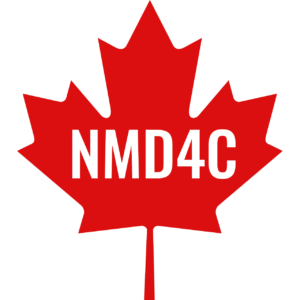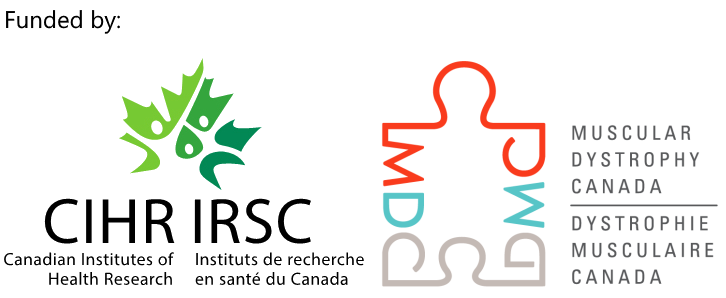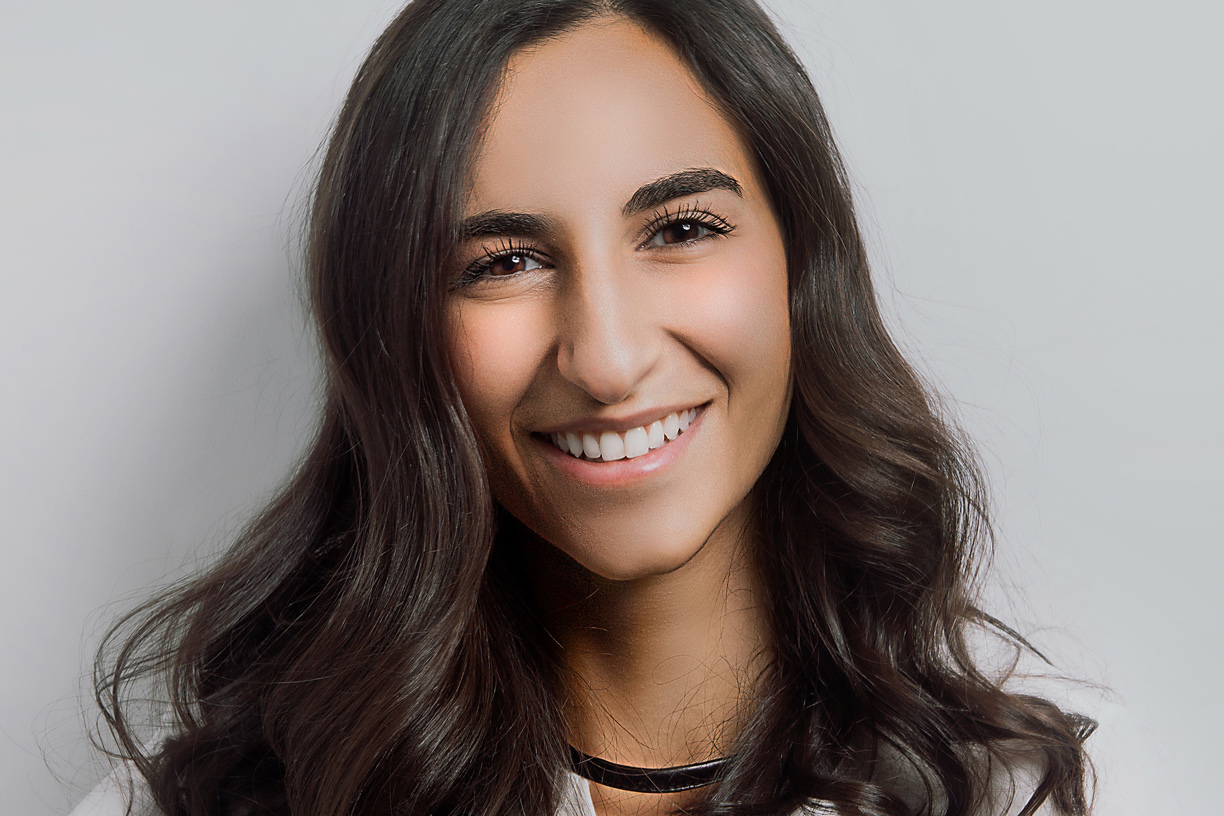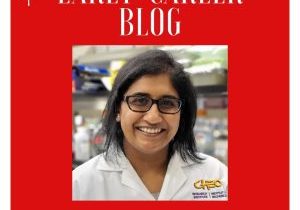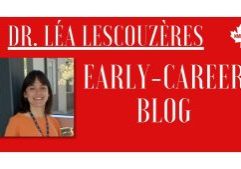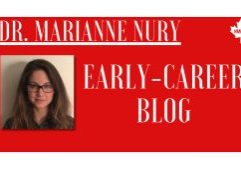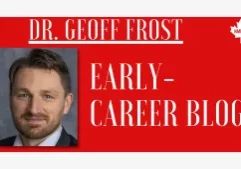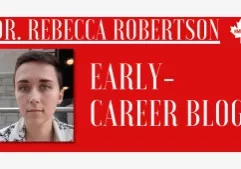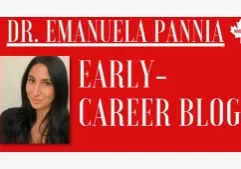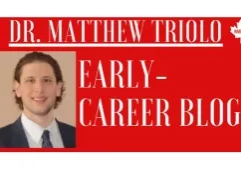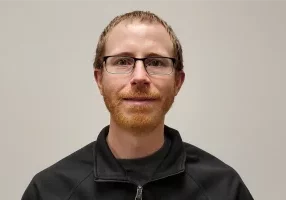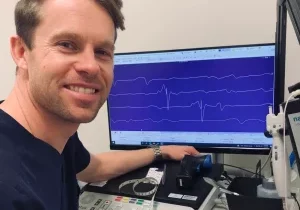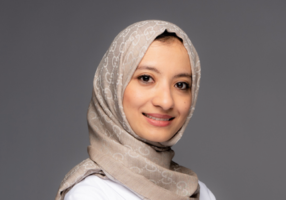Samar Muslemani’s Blog
About Samar Muslemani, O.T., M.Sc.
Samar Muslemani holds a Master’s Degree in Occupational Therapy and has been practicing in Saguenay, Québec since 2018. She is a doctoral student with the University of Sherbrooke. She aims to better understand the functional impacts of cognitive impairments in people living with myotonic dystrophy type 1. She completed a research Master’s Degree in Health Sciences in August 2021. Her project aimed to document independence and social participation of adults living with childhood phenotype of DM1. She received a bursary of the Fonds de recherche du Québec – Santé (FRQS), and has assessed patients both in Canada and France as part of her research project. Native from Saguenay-Lac-Saint-Jean region, she is interested in offering more support to patients and families with neuromuscular diseases (NMD) in her native region and internationally. Both in her research and clinical practice, she has worked with various NMDs, such as recessive spastic ataxia of Charlevoix-Saguenay, oculopharyngeal muscular dystrophy and Charcot-Marie-Tooth diseases. She is the first author of a practical guideline to support occupational therapists in addressing sexuality with their NMD patients.
Within the NMD4C, Samar supports the Knowledge Translation team through developing knowledge and skills, defining barriers, and reducing the knowledge-to-action gap by developing various tools including clinical practice guidelines in the NMD field.
Samar's Blog
"Occupational therapy is where science, creativity, and compassion collide"
This is a quote from Jessica Kensky, a survivor of the 2013 Boston Marathon bombing and keynote speaker at the 2016 American Occupational Therapy Association welcome ceremony. To me, this quote represents exactly what I love about my profession. Pursuing a PhD allows me to develop these three elements even further.
During my years as an occupational therapy student, never would I have thought that I would pursue a career in research. I am known to be a very sociable person, and spending all my time in front of a computer was not very tempting to me. By some fortunate coincidence, I found myself a student of Cynthia Gagnon which changed my whole vision of research. I knew I found my true calling the day we published our clinical practice guideline in sexuality. This project opened my eyes on the importance of research and translational knowledge to improve the quality of services we offer our patients. I witnessed at first hand the benefits of this guideline, for both my own clients and for my colleagues. To this day, I am proud to see the evolution of this once college project becoming an internationally used resource.
This experience led me to start a second Masters, this one in research in health sciences, which I completed this summer. For this project, I had the privilege to travel to France, thanks to the financial support of the AFM-Téléthon and the Frontenac Bursary of the Fonds de recherche du Québec – Nature et Technologies. The Centre Hospitalier Universitaire de Nantes welcomed me in the early 2020, where I worked closely with the team of the Centre de Référence des Maladies Neuromusculaires Rares. I travelled in many cities of the north-western part of France to assess participants living with myotonic dystrophy at their homes. I had the opportunity to discuss with them and their families to better understand their reality and struggles. This whole experience gave me a new perspective of the healthcare we offer our patients and the impact of cultural, political, and organizational factors. It has strongly influenced my work from that day forward, including in my current PhD.
I’d like to end this blog by acknowledging my team. I would not be the occupational therapist and research student I am today without the people I have the chance to work with every day. Whether it's my research group or my fellow clinicians, they contribute to each step of my projects which makes them so much more powerful. They offer me a great deal of support so I can continue to work as a clinician while pursuing my research career. Even if this is an ambitious and challenging journey, I am still as passionate as the first day and can’t wait to see what’s next!
Muslemani, S, Brisson, JD, Côté, I, Lessard, I, Côté, C, Brais, B et al.. Social Participation Restrictions and Explanatory Factors in Adults with Oculopharyngeal Muscular Dystrophy. Can J Occup Ther. 2024. 84174241255472 PMID:39285696
Voet, N, Pater, R, Garmendia, J, Sistiaga, A, Labayru, G, Gallais, B et al.. Patient-Reported Outcome Measures in Neuromuscular Diseases: A Scoping Review. J Neuromuscul Dis. 2024.11 (3)567-577 PMID:38517800
Pater, R, Garmendia, J, Gallais, B, Graham, C, Voet, N, all participants et al.. 267th ENMC International workshop: psychological interventions for improving quality of life in slowly progressive neuromuscular disorders. Neuromuscul Disord. 2023.33 (7)562-569 PMID:37331200
Muslemani S, Auger LP, Gagnon C. (2021). A guideline to support occupational therapists in addressing sexual difficulties in neuromuscular diseases: soon available in English! Occupational Therapy Now. 23(2): 11-12.
Muslemani S, Gagnon C. (2021). Présentation d’un guide de pratique sur les interventions de l’ergothérapeute en lien avec la sexualité et la vie amoureuse auprès de clients vivant avec une maladie neuromusculaire. ErgOThérapies. (80): 23-28.
Muslemani S*, Plourde A, Gagnon C. (2020). Les interventions ergothérapiques en contexte de réadaptation dans les maladies de Charcot-Marie-Tooth. ErgOThérapies. 76: 7-16.
See more on PubMed